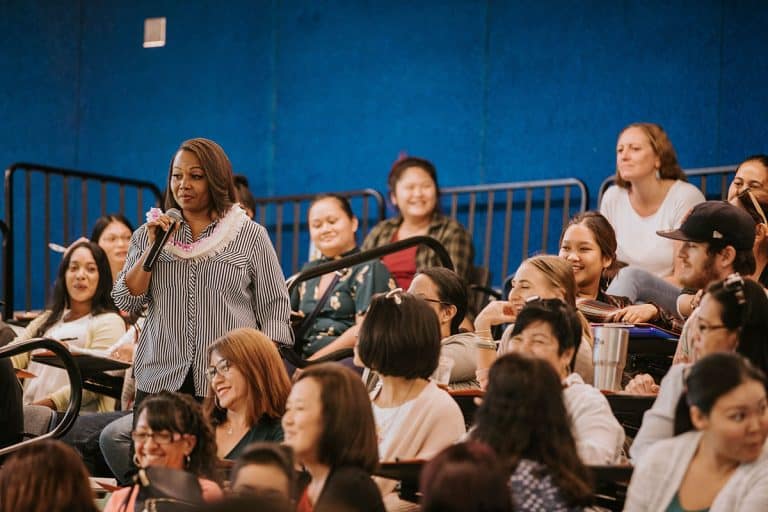Defensiveness is a form of self-protection—a mechanism that kicks in when we don’t want to be exposed, embarrassed, or hurt. Oftentimes, defensiveness will come into play if a person has been under critical leadership in the past, or is used to operating in a highly critical environment.
I’m a firm believer that if we simply keep a lookout for these cues, we can be more responsible, not only with our communication, but with our relationships too. Here are the three tell-tale signs of defensiveness:
1. Counterattack. Imagine you’ve just finished up with a big meeting, and your boss asks to meet with you privately. Your boss looks you squarely in the eyes and says, “What happened today in the meeting?” Your first response is, “Well, like always, what happened was that there was no one there to have my back.” That’s a classic counterattack, which is a defensiveness strategy primarily concerned with scorekeeping and deflecting.
2. Righteous indignation. Suppose your boss asks you about the meeting but you respond instead with, “Well, I feel like I’m being put on the spot here! You were at the meeting, so why don’t you tell me what you think happened?” This type of defensiveness is a knee-jerk reaction that manifests whenever someone feels like they’ve been insulted.
3. Victimhood. Your boss presses you about the meeting but this time you respond with, “You see, I’m new at this, and I feel that if someone had given me more training, I’d have been better prepared for the meeting. It’s really not my fault!” Victimhood is when a person uses self-shaming to make the other person feel as though they’ve done something wrong—a classic turning of the tables.
If you find that you’re using any of these types of responses, it’s an indicator that you don’t feel secure. Here’s how we can take back responsibility though:
- Pay attention to what we think we heard
- Ask for clarification when in doubt
- Pay attention to how something is said and mind your facial expressions
These tiny tweaks in how we receive and respond to others can go a long way toward putting the magic back into our work relationships. If you’d like to learn more about how to reduce defensiveness, reach out to me at info@capeeshconsulting.com or visit capeeshconsulting.com.


